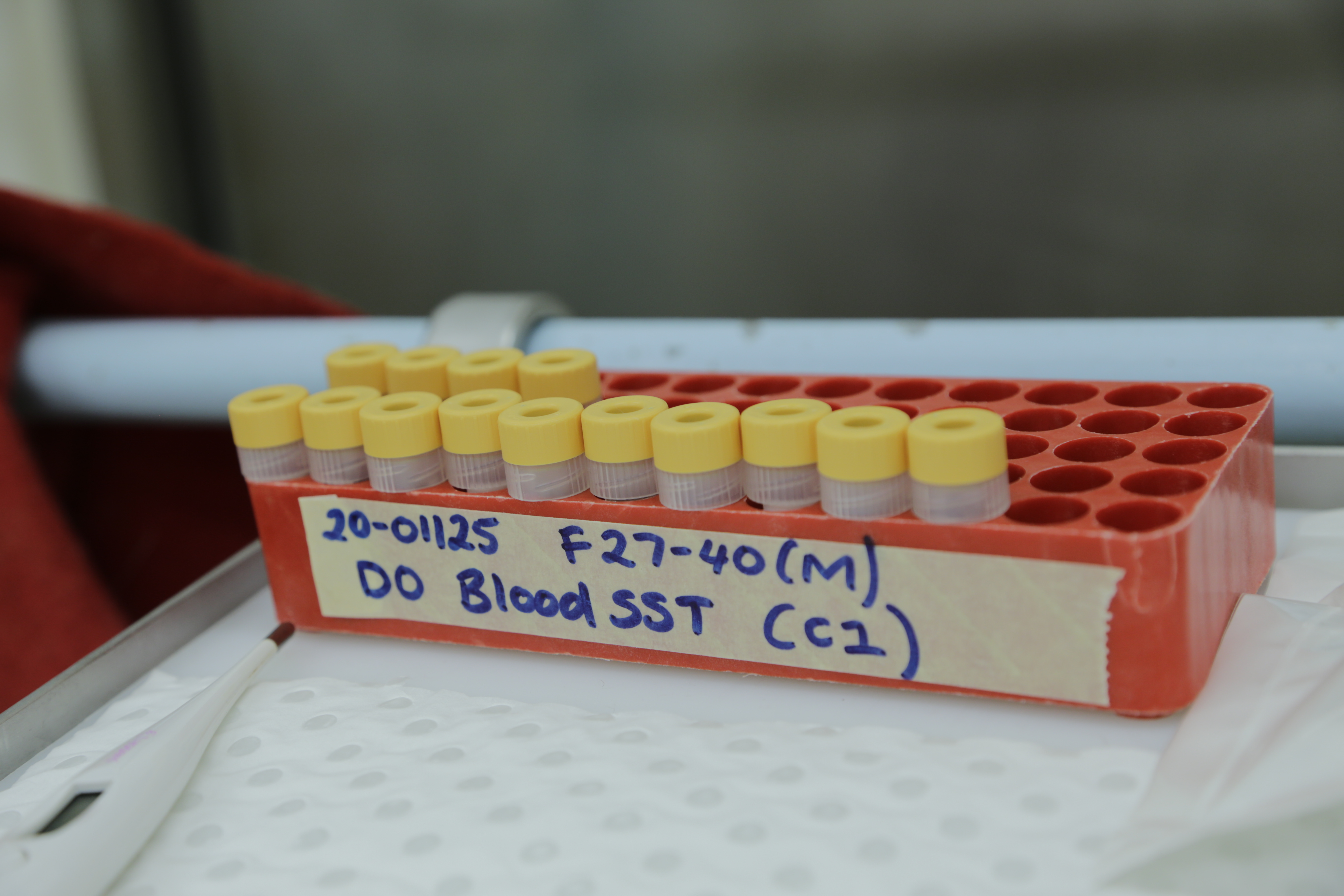The latest Melbourne Institute studies reveal Victoria has had the biggest decrease in vaccine hesitancy, while support for vaccine passports is high.
The surveys are undertaken by Melbourne University researchers The Melbourne Institute, who survey 1200 Australians each week across all demographics in their Take the Pulse of the Nation studies, to canvas opinions around COVID-19 restrictions.
The latest results found that 66-70 percent of Australians agree that fully vaccinated people should be allowed to participate in a range of public events and activities without any restrictions.
57-68% of Australians agree to “excluding unvaccinated people from participating in certain public events and activities”, while between 16-23% actively disagree with excluding unvaccinated people.
What you need to know
- Victorian vaccine hesitancy continues to fall, while support for excluding unvaccinated people is rising
- Only one in four Australians now don’t support the principle behind a vaccine passport system
- The availability of Pfizer and Moderna MRNA vaccines has likely had a sizeable impact on results
Stay up to date with what’s happening in Melbourne here.
The research indicates that now only one-in-four Australians don’t support the principle behind a vaccine passport, that businesses should have the right to exclude serving customers on the basis of their vaccination status.
Vaccine hesitancy has fallen across Australia from 20.3 per cent on August 20, to 16.7 per cent on September 12. In October last year, nearly 30% of Victorians were hesitant to get vaccinated, while now only 14% are hesitant.
This is likely due to the availability of Pfizer and Moderna MRNA vaccines, after the federal government initially cast doubt over the safety of AstraZeneca for people under 65-years-old.
While vaccine hesitancy rates continue to fall across all states and territories, the largest fall nationwide has been in Victoria.
“Navigating a path out of lockdowns for employees, with fewer restrictions for the vaccinated will be challenging and likely will need to be sector-specific, Melbourne University professor Guay Lim said.
“According to our survey, vaccine hesitancy for employees is on average, about 18 per cent in September (down from about 30 per cent in February), but this ranges from a high of 35 per cent in the construction sector to a low of eight per cent in the professional, scientific, and technical services sectors.”
“Vaccine hesitancy has fallen most among those aged 18 to 44, as well as those aged over 65, but has remained stable among those aged between 45 and 64 years old,” Melbourne University professor Anthony Scott added.
“Interestingly, although women tended to be more hesitant than men in the past, currently there are no longer gender differences in hesitancy.”
Read through the full survey results here or find out more from the Melbourne Institute here.

